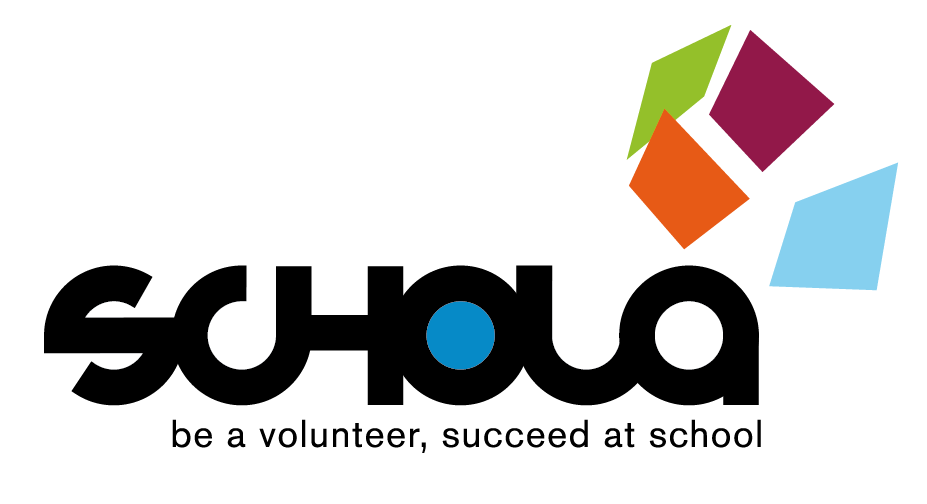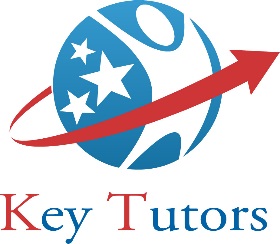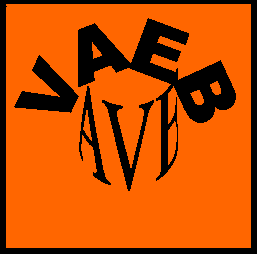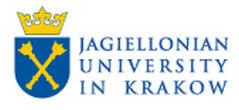Projects attached to the country Poland
Schola-un tutorat pour les éducateurs pour valoriser un bénévolat - 2016-2018


Initiated by the Collège Blaise Pascal (Massy, Essonne) together with riv conseil, the project Schola - selected during the call for proposals Erasmus + 2016- gathers a European team in France, Belgium (Karel De Grote Hogeschool, Anvers), Italy (Universita degli Studi di Perugia, Pérouse), Slovenia (ZRC-SAZU), and Poland (University of Jagiellonski, Cracow). The Schola project aims at offering new approaches to strengthen the education and training paths of prospective and practicing educators/youth workers ; equipping them with all competences and skills needed to deliver high quality services and address increasingly diverse needs e.g those posed by multicultural societies. It is an innovative project aiming to reduce disparities in learning outcomes affecting learners from disadvantaged backgrounds/with fewer opportunities.
The Schola project addresses mainly educators in the broad sense- professionals and volunteers working with youngsters facing difficulties at school or already drop outs living considered as learners from disadvantaged backgrounds. Its aims and objectives are: to acquire knowledge on the reasons for an early school leaving (ESL) and the strategies offered to struggle against it, both on national and European levels ; to motivate mentors – teachers and professionals in association - by understanding the role they play in the educative community through extra-school activities ; to learn to learn on insisting on the key competences (EU, 2006) and the different types of learning (formal, non-formal, informal - Copenhagen process) and the combination between volunteers and professionals in the field ; to explain the benefits of alternative pedagogical strategies, in complement to school, on the basis of a voluntary experience (cf SAS project).
Key Tutors- former des tuteurs aux compétences clés - 2015-2017


The 8 Key competences are the European Framework adopted by the European Commission & Parliament in 2006 in order to enhance the competence approach in Europe. It takes into account 4 basice competences. France combines KC1 – communication in the mother tongue and KC6- social and civic competence. Spain combines KC 2 – communication in a foreign language and KC8- cultural awareness and expression. Lithuania combines KC3- Mathematical competence and basic competences in science and technology and KC 5- Learning to learn. Finland combines KC4- digital competences and KC7- sense of initiative and entrepreneurship. Poland combines KC1- communication in the mother tongue and KC5- Learning to learn.
Vision 21 - 2004-2006


Initiated by a Polish Institute, the IRSS, this European project under the Grundtvig programme means to tackle social inclusion in the 21st Century thanks to volunteering. Four countries are concerned : France, Italy, Poland and Spain. First, partners will hold meeetings at country level to pool local knowledge and prepare contributions to the main seminar. Then, representatives will hold a preparatory meeting in Warsaw to thrash out the programme of the main seminar. Next, the main international seminar on good practice in volunteer-aided social work will take place in Warsaw. In the second year partners will develop a new handbook for social workers on how to work with volunteers. The handbook will be drafted in English and subsequently translated into the languages of project participants. Another end product will be a web portal bringing together social workers and voluntary sector activists. The State of the art concerning the training proposed to volunteers in France was inspired by the one done for the Vaeb project.
Vaeb - 2003-2006



A l'initiative de l'Iriv, il réunit 14 partenaires dans 7 pays européens (France, Allemagne , Autriche , Hongrie , Italie , Pologne et Royaume-Uni). Il a été financé grâce à la Commission européenne (programme communautaire Leonardo da Vinci "Former et éduquer tout au long de la vie".) et avec un soutien du Conseil régional de Champagne Ardenne pour l'expérimentation en France.
Vaeb - 2003-2006



A l'initiative de l'Iriv, il réunit 14 partenaires dans 7 pays européens (France, Allemagne , Autriche , Hongrie , Italie , Pologne et Royaume-Uni). Il a été financé grâce à la Commission européenne (programme communautaire Leonardo da Vinci "Former et éduquer tout au long de la vie".) et avec un soutien du Conseil régional de Champagne Ardenne pour l'expérimentation en France.



























